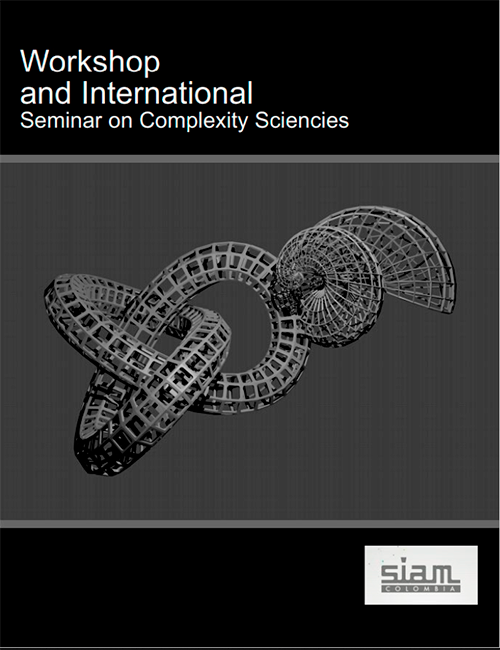The biofuels industry has grown and has positioned itself in Colombia for national purposes, these come from biomass sources such as agricultural crops. Bioethanol is the most used in Colombia and is obtained from sugarcane. One of the main concerns of the sector and society, is the high water consumption associated with agricultural crops (9,000 m3 / ha-year), there are currently 232,000 hectares of sugarcane for the production of sugar and bioethanol. Given the aforementioned, the need arises to carry out a planning of industrial increase of the sector taking into account as a main base the demand and availability of water resources for different activities in the Cauca river basin and the demand for sugarcane crops. In this document it is presented a mathematical model and the evaluation of different scenarios of the estimation of the trend of water consumption in the bioethanol production process in Colombia and in this way to establish scenarios of high risk of water shortage both for the population, interested parties and cane cultivation.
Palabras clave:
Bioethanol, System Dynamics, Water Resources.




